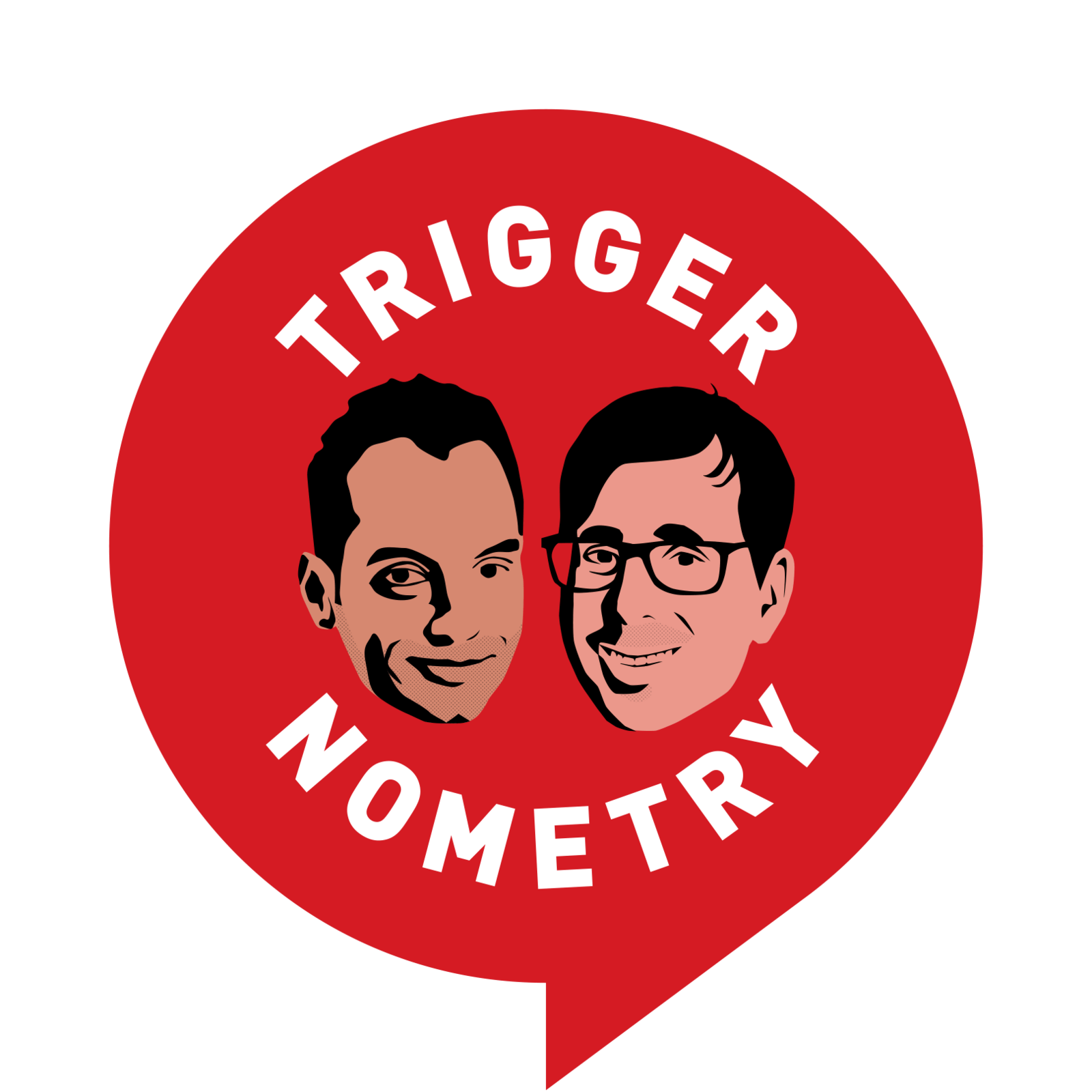PortalsOS
Related Posts
Vote to see vote counts
A puzzle should be solvable. There's nothing worse than a puzzle that's too hard to complete. We want people to solve our puzzles.
Unpredictability is crucial in puzzles. Unlike Sudoku, which can feel predictable, the excitement comes from discovering new challenges each day.

Max Park, an autistic individual, is the world champion for solving the Rubik's Cube, highlighting the extraordinary pattern recognition skills in visual domains.

Human prompt typing speed is increasingly becoming a limiting factor for software development. It's a bottleneck we need to overcome.
In puzzle editing, there's a need to draw a line with 'Scrabble words'—those that appear only in unabridged dictionaries. This helps ensure that players can find as many words as possible without getting stuck on obscure terms.
A big part of it is luck. A big part of it is you kind of making your own luck. But I don't think, I don't want to speak for us, but none of us thought we would be puzzle editors growing up.
The hallmark of our games is their human touch. You can feel the spark of another human mind, which is lost in auto-generated puzzles.

Sam Azerski believes that there's no such thing as cheating in crossword puzzles unless it feels like cheating to you. He emphasizes that it's your puzzle, and you should solve it however you like, whether using a pen, pencil, or even Google.
Joel Faliano reflects on his first experience with New York Times puzzles, where he struggled to solve them and put them aside for two years. He later realized that puzzle-solving is better as a communal and learning activity.
Derek Paravicini, an autistic savant, can play any jazz song instantly and transpose it into different keys, showcasing exceptional pattern recognition abilities.